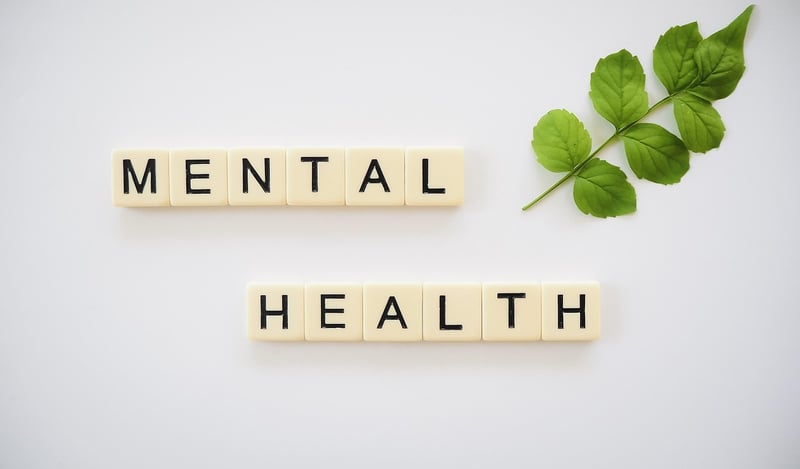Restorative Practice
The Importance of Physical and Mental Wellness in Restorative Practice
Restorative practices focus on building relationships and resolving conflicts in a positive and healthy manner. Central to this approach is the well-being of individuals, encompassing both physical and mental wellness. Understanding the significance of maintaining a balance between the two is crucial for fostering a restorative environment.
Physical Wellness
Physical wellness plays a vital role in restorative practices as it directly impacts one's ability to engage in conflict resolution and maintain healthy relationships. Here are some key aspects of physical wellness:
- Regular exercise: Engaging in physical activities helps reduce stress levels and promotes overall well-being.
- Healthy diet: Eating nutritious foods provides the energy needed to manage conflicts effectively.
- Adequate rest: Getting enough sleep is essential for cognitive function and emotional regulation.

Mental Wellness
Mental wellness is equally important in the context of restorative practices. A healthy state of mind enables individuals to approach conflicts with empathy and understanding. Consider the following factors for maintaining mental wellness:
- Stress management: Learning techniques to cope with stress is crucial for emotional well-being.
- Self-care practices: Engaging in activities that promote relaxation and self-reflection can enhance mental wellness.
- Seeking support: It's essential to reach out for help when feeling overwhelmed or struggling with emotional challenges.

Integrating Wellness into Restorative Practices
By prioritizing physical and mental wellness within restorative practices, individuals can create a supportive and compassionate environment for conflict resolution. Incorporating wellness strategies into daily routines can significantly enhance the effectiveness of restorative approaches.
Remember, a healthy body and mind are the foundation for building strong relationships and promoting positive interactions in restorative practice settings.
Embrace physical and mental wellness to foster a culture of understanding, empathy, and healing within your community or organization.
